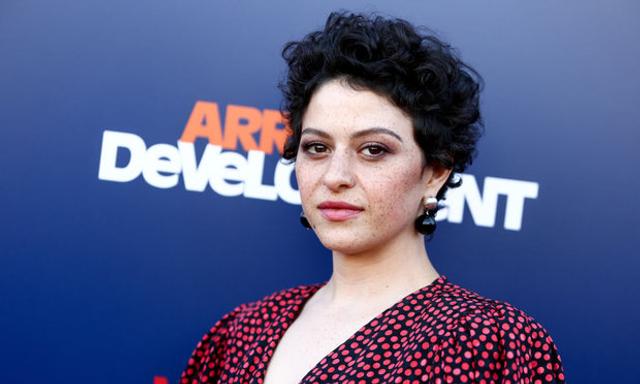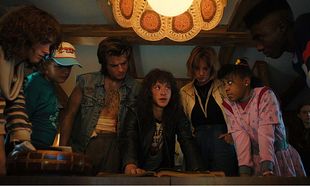Alia Shawkat, best-known for playing Maeby in the series ‘Arrested Development’, has things to say about an interview with the New York Times that embroiled her co-stars in controversy.
In case you need a catch-up, a backlash came after Jessica Walter admitted that Jeffrey Tambor was 'verbally abusive' to her (Tambor himself being the centre of controversy having had sexual harassment claims brought against him last November) on set. Jason Bateman and other stars on the show appeared to minimise and excuse Tambor’s behaviour.
Bateman later came forward with an apology and now Alia Shawkat, who was also in the room, has given her take on what happened.
“Once Jeffrey answered [with] his rote response, the other men in the room started to be a lot more verbal than they had before,” Shawkat said. “They started going on about how they support Jeffrey, and they love him, and he’s a great actor—all these things that I agree with; I care about Jeffrey and I think he’s a great actor. But what continued to go on was, in my opinion, too much.”
Shawkat described feeling increasingly uncomfortable in the interview, saying “I, all of a sudden, started to feel hot inside.” She said that she was hoping to talk about this being a bigger issue “than Jeffrey, than us, than the show” but that her colleagues kept speaking over one another.
She said: “I looked at Jessica and I could see how it was sitting with her, and it wasn’t good. She comes in and she tries to speak for a little while, and again they keep going.”
When she saw that Walter was getting emotional and had started to cry, Shawkat explains: “Once that happened, I realized we were having a public and private conversation at the same time, which is very unnatural. All of a sudden, we’re having this intense moment as a group of people who’ve known each other for 15 years—and it’s being recorded.
“They were almost trying to cover themselves up while simultaneously talking, instead of actually listening to each other—which is the biggest theme that I learned from this whole experience, this 20-minute interview that made so much noise. The minute Jessica started crying, my instinct was just to go up to her and hug her and be like, ‘This interview’s over.’
“Once Jessica was upset, that was my main concern. I didn’t even want to necessarily talk about the issues any more. I just wanted to make sure she was ok.”
Shawkat said that she “felt like [she] didn’t say enough to defend [Walter]” and that she was “upset with [her]self that [she] wasn’t able to stand [her] ground more,” adding “women’s voices need to be heard, and, ironically enough—I wasn’t able to be heard. I was really scared that the interviewer didn’t even hear me.”




















































































